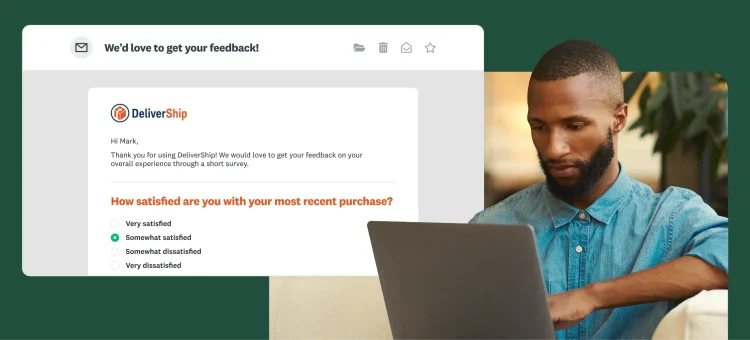The most financially successful sports league in the world is in trouble.
The National Football League (NFL) has seen its TV ratings consistently decline over the past few seasons.
Why’s the league experiencing a diminishing viewership? And which factors are more critical than others in influencing the league’s popularity?
To answer these questions, we've partnered with OZY to survey more than 1,700 adults out of the 3 million+ people who take surveys on SurveyMonkey every day.
Here’s what we’ve learned:
What are you curious about?
SurveyMonkey Audience can help you get answers directly from your target market.
The controversy over kneeling may be causing viewers to tune out
When we asked respondents why they’ve avoided watching and attending NFL games this past season, many gave reasons related to players kneeling during the national anthem. Interestingly, both those who support and oppose the kneeling sought to avoid the NFL.
Those who took offense to it were most likely to cite their support for Donald Trump—who condemned the act—as their reason for avoiding the NFL (32%).
Why did people in favor of kneeling steer clear of watching and attending games? To act in solidarity with the players (22%) and to support former quarterback, Colin Kaepernick, who's being infamously shunned by teams across the league for kneeling (12%).
The NFL is in a bind. No matter how they address the issue, they’re bound to let many down.
Player health is also a major issue
Roughly 10% of the people we surveyed refrained from watching and attending the NFL this season for the sake of the players’ health. This percentage may increase if the number of individual cases, research, and awareness of the risk of developing Chronic Traumatic Encephalopathy (CTE) from playing football grows.
The NFL is once again in a difficult situation. To reduce the severity and growth of CTE among current and former players, they’ll have to address the act of tackling.
Removing it from the sport altogether is an undesirable outcome for the league. More than 50% of people said they would stop watching the games if tackling isn’t allowed.
Is there a middle ground that effectively lessens the amount of helmet-to-helmet contact? If there is, the NFL has yet to figure it out as the number of diagnosed concussions remain largely consistent over the past few years.
Moving a team comes at a price
Remember the St. Louis Rams? The San Diego Chargers?
Both teams moved to Los Angeles after residents of those cities refused to foot a high enough portion of the bill—using tax hikes—to fund the construction of new stadiums.
How does the public feel about the NFL’s approach? The majority oppose the idea of taxpayers funding new stadiums (70%) and nearly half strongly oppose it.
What happens when the NFL moves a team? The city they move it from isn’t quick to forgive both the league and the team. Angry billboards get built, facilities get egged, and former fans root against the franchise.
The NFL isn’t going away anytime soon. It makes 35% more revenue than the second biggest sports league in the world. But can the league move on from its current issues and put itself back into a position of growth? We’ll find out over the coming years.
Create your own stories based on data
Our content marketing guide will teach you everything you need to know about creating content based on original research from survey data.



